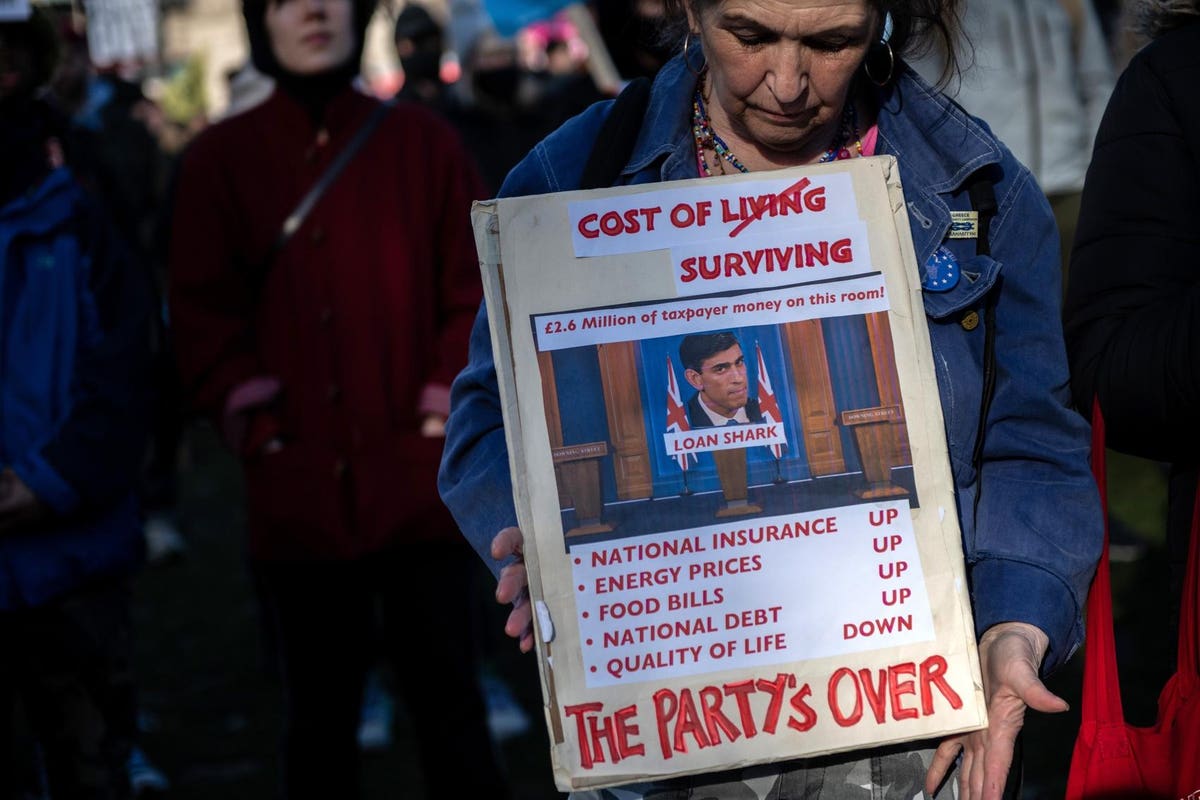All my life I’ve been dealing with money stress. I’ve always hated the idea of being in debt and not being able to pay my bills. It’s only lately that I’ve not been thinking about it every week.
Sure, things cost more. In my youth, I bought used cars for hundreds of dollars. Granted, they were junkers, but I never took out a loan. Now you can easily pay up to $90,000 for a new, fancy pick-up truck. That’s roughly what my parents paid our family home in the late 1950s.
Let me be clear: I’m not pining for the days when “things were better or cheaper.” Of course, everything from home prices to gasoline were a lot cheaper, but when you adjust for inflation, the cost of living is still a major stressor.
Suppose you took a different attitude and changed your mind about being stressed out about inflation? Wondr Health did a survey by posing the question “Given our current economic environment, how are you most likely to respond to the stress of financial challenges?” Here’s how respondents answered:
1) I try to prepare more meals at home – 16.2%
2) I limit my online news exposure – 13.5%
3) I build at least a little movement into every day – 13.4%
4) I tend to make less healthy food choices – 11.9%
5) I practice mindfulness – 11.6%
6) I aim for a consistent sleep routine – 11.2%
7) I tend to be less physically active – 8.5%
8) I stay up late and sleep fewer hours – 7.0%
9) I spend more time on social media – 6.5%
Most of these points will lead to healthier mental and physical well being, except for #8 and #9. And you can always eat better and exercise more, even if it’s just walking around the block. Ample sleep and cutting back on social media is a good thing.
Yet my #10 would be “to create a money cushion.” A money cushion comprises anything from an emergency savings account to a mid-term savings for things you will need within the next five years. Short-term expenses are monthly items; mid-term expenditures are things like home down payments, vehicles and college expenses. And don’t forget long-term savings like retirement funds: (401ks, 403bs, IRAs, SEP-IRAs).
Always fund your rainy-day account. You can shop around for the best rates, set up automatic contributions and have that warm security blanket in place in case your car blows up or you have out-of-pocket medical bills. I keep my cushion funds in an insured bank money-market account and short-term bond mutual fund.
Our savings relieved a lot of money stress when I had a health emergency last year and had to pay thousands of dollars in out-of-pocket expenses my health insurance didn’t cover. I also changed my diet and cook at home a lot more, so I’m less concerned about higher food prices, especially in restaurants. I make my own coffee and eat a lot less meat.
My wife and I save for new appliances and home repairs in our cushion fund. We also pad our savings as much as we can since we pay off our credit card every month and buy our cars with cash.
The best way to not worry about money is to consistently have some cash in reserve. Rainy days are becoming more frequent, so you need to be prepared. Pay yourself first every month (into your savings account) and save before you spend.
Read the full article here













